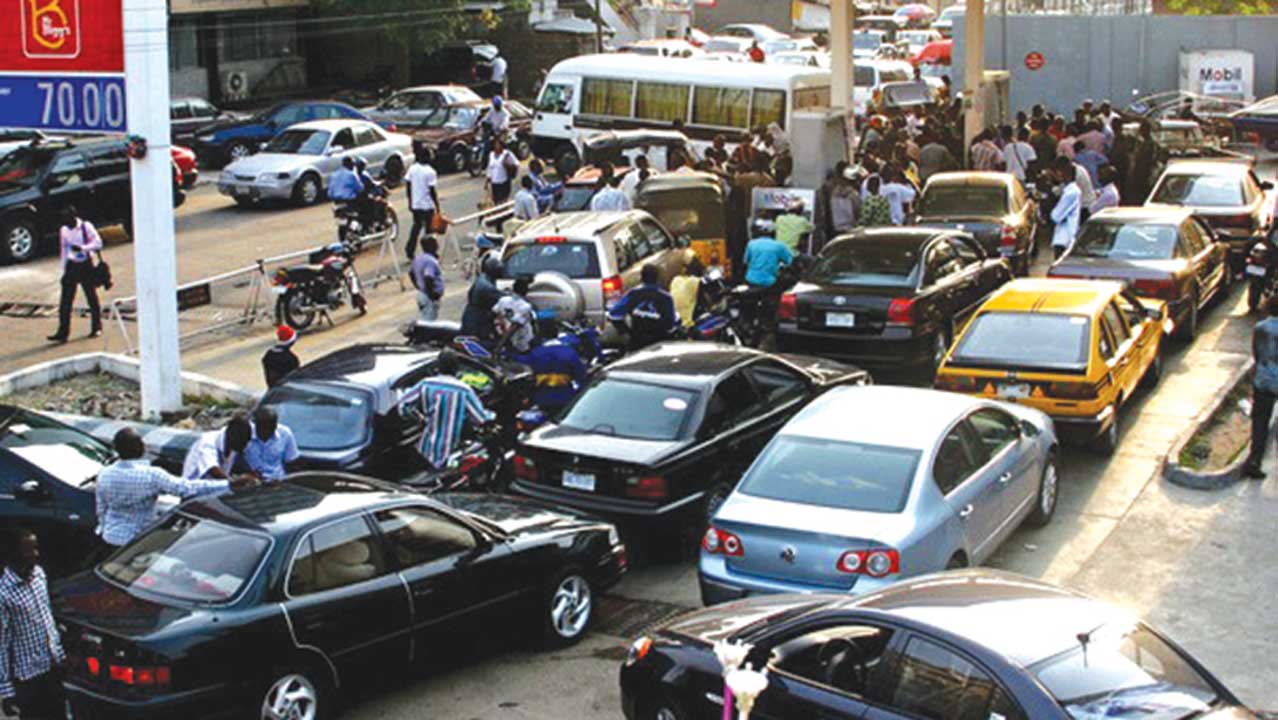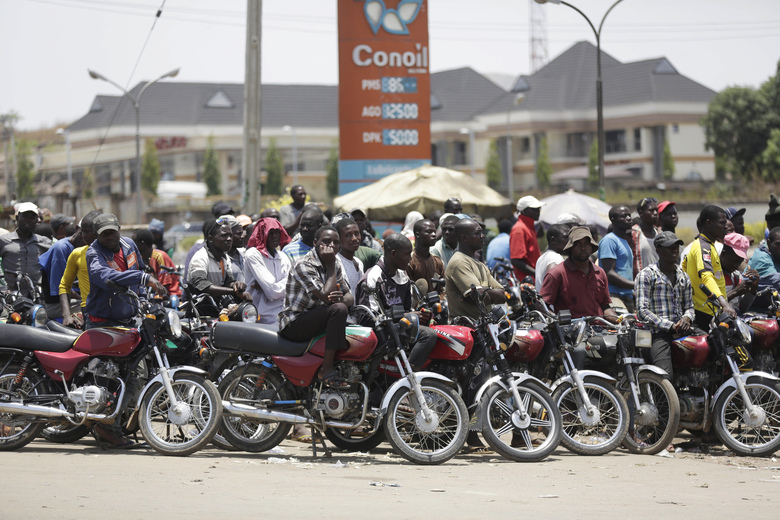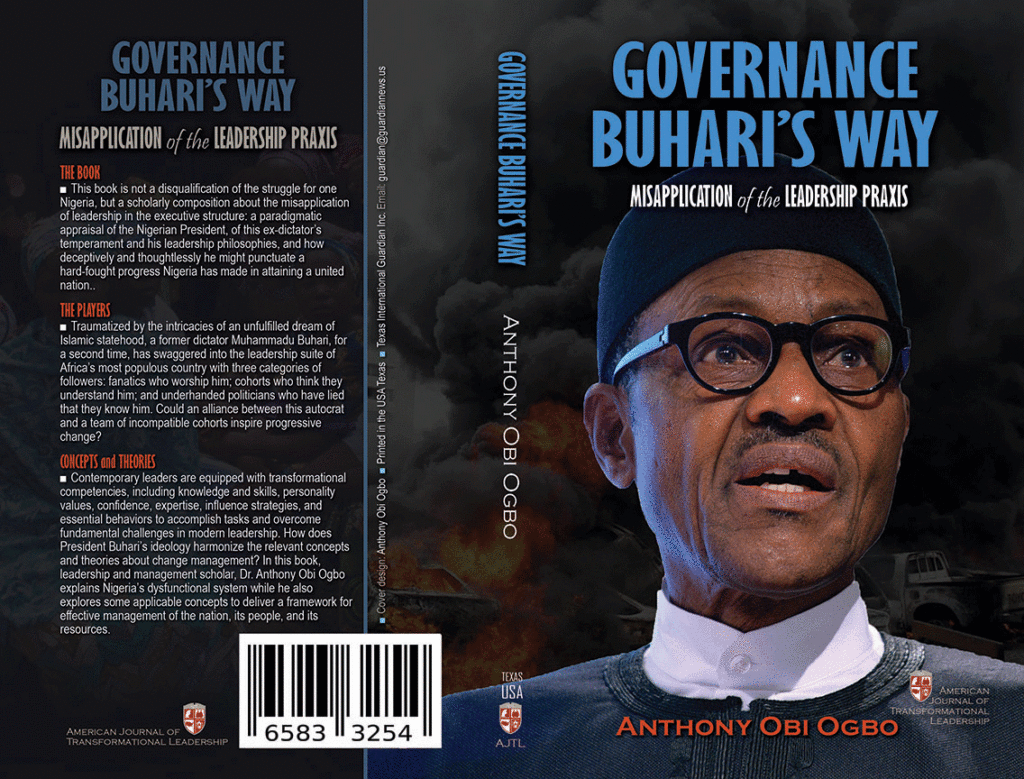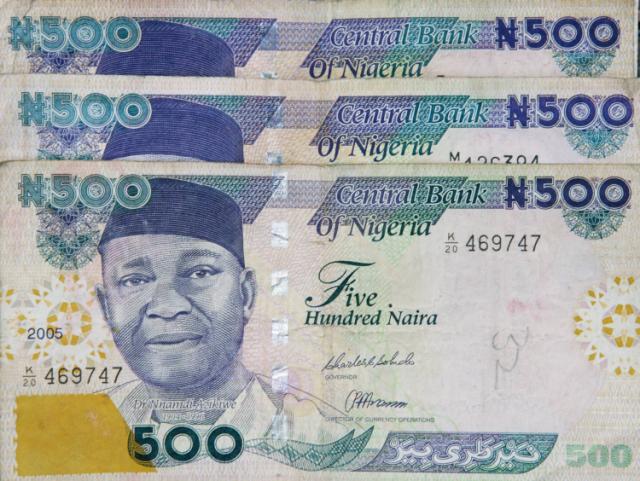
Bloomberg News May 16, 2016
Strategists are criticizing Nigeria’s latest plan to rescue its currency — this time by relying on Chinese cash.
On a visit to Beijing last month, President Muhammadu Buhari signed a currency agreement aimed at encouraging trade with China and reducing Nigeria’s demand for dollars to relieve pressure on its dwindling foreign reserves.
While the deal, details of which are still being negotiated, helps China’s push into Africa’s largest economy, it will buy Nigeria a few months, at most, before it’s forced to follow the lead of other oil exporters and devalue, according to Citigroup Inc. and Bank of America Corp.

The naira-yuan swap agreement is “very unlikely” to relieve pressure on the naira or Nigeria’s reserves, said Andrew Howell, a New York-based frontier-markets strategist at Citigroup, the world’s biggest foreign-exchange trader. “The market wants to see a clear path toward achieving a sustainable exchange rate, where supply and demand for foreign exchange are balanced.”
Nigeria has held the naira at 197-199 per dollar since March last year, even as oil revenue and export earnings plummeted and other crude producers from Angola to Russia let their currencies weaken. Reserves have fallen 29 percent since mid-2014 to the lowest in more than 10 years as the central bank’s capital controls slowed foreign investment to a trickle.
While the level of devaluation implied by naira forward contracts has dropped as Buhari resists calls to let the currency weaken, they still predict a 37 percent decline in the next year. With the economy set to expand this year at the slowest pace since 1999, according to the International Monetary Fund, Buhari last week signed off on a record budget that leaves the government with a deficit of 2.2 trillion naira ($11 billion).
Oil Rebound
The recent rebound in oil prices hasn’t helped: Nigeria needs to produce 2.2 million barrels a day and sell them at $38 a barrel to meet its fiscal targets. Production slumped to 1.7 million barrels in April, the lowest since 1994, because of militant attacks on oil facilities in the Niger delta. The country relied on oil and gas for about 70 percent of government revenue and 90 percent of export earnings in 2014.
Details of the currency swap agreement, such as its size, maturity and exchange rate, have yet to be announced, making it hard for investors to have faith in the accord. The People’s Bank of China didn’t respond to faxed questions and Isaac Okorafor, a spokesman for the Abuja-based Central Bank of Nigeria, declined to comment when contacted by phone.
Beijing has signed several bilateral currency swaps in the past eight years, including with South Korea, Malaysia and Argentina, in a push to let the yuan trade more freely. South Africa, which took on a 30 billion yuan ($4.6 billion) three-year swap in April 2015, is the only other African country to have agreed such a deal with China. Nigeria and China are considering a swap of about 20 billion yuan, Lagos-based newspaper ThisDay reported last month, citing unidentified sources in the Nigerian president’s office.
Black Market
Buhari and central bank Governor Godwin Emefiele claim that letting the naira drop would hurt Nigerians by raising prices in a country that imports the bulk of its finished goods. Most businesses are forced to use the black market exchange rate, which trades about 60 percent weaker than the official rate, at 320 to the dollar. That’s boosting inflation, which accelerated to 12.8 percent in March, the highest in almost four years.
“Nigeria runs a persistent trade deficit with China,” said Oyin Anubi, a London-based economist at Bank of America. “Unless China is willing to take more naira than it needs to buy Nigerian crude, which it doesn’t tend to do in big quantities, then Nigeria’s deficit in foreign exchange, whether yuan or dollars, is likely to continue.”
Investors are shunning Nigerian stocks and bonds until there’s a devaluation, according to Howell at Citi, who predicts the central bank will be forced to let the currency depreciate to 226 per dollar by the end of 2016. Investors who still hold Nigerian assets are reluctant to sell as they’d struggle to the buy foreign-exchange needed to exit the country, he said.
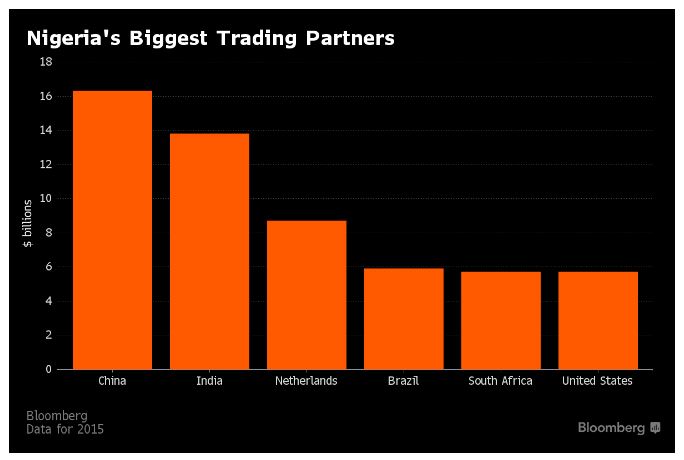
Nigerian equities have dropped 10 percent this year, the most in Africa after Zambia’s. The Nigerian Stock Exchange All Share Index has lost more than 25 percent since Buhari was sworn into office at the end of May last year. Local-currency government bonds have lost 6 percent in dollar terms, the only debt not to have gained among 31 emerging markets monitored by Bloomberg, aside from Egypt and Mexico.
While Buhari may use a swap with China to try and delay a devaluation, it won’t give him much respite, according to JPMorgan Chase & Co. The deal may simply increase the nation’s trade deficit with China, which ran to $15 billion in 2015.
“It’s unlikely to have any meaningful impact in the short term,” said Yvette Babb, a sub-Saharan Africa strategist at the New York-based lender, which forecasts an exchange rate of 240-260 per dollar by year-end. “A swap has limited ability to influence the structural mismatch between supply and demand.”

